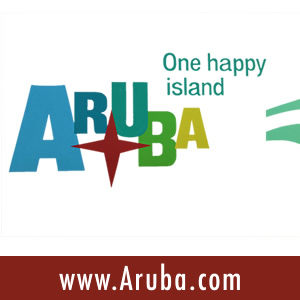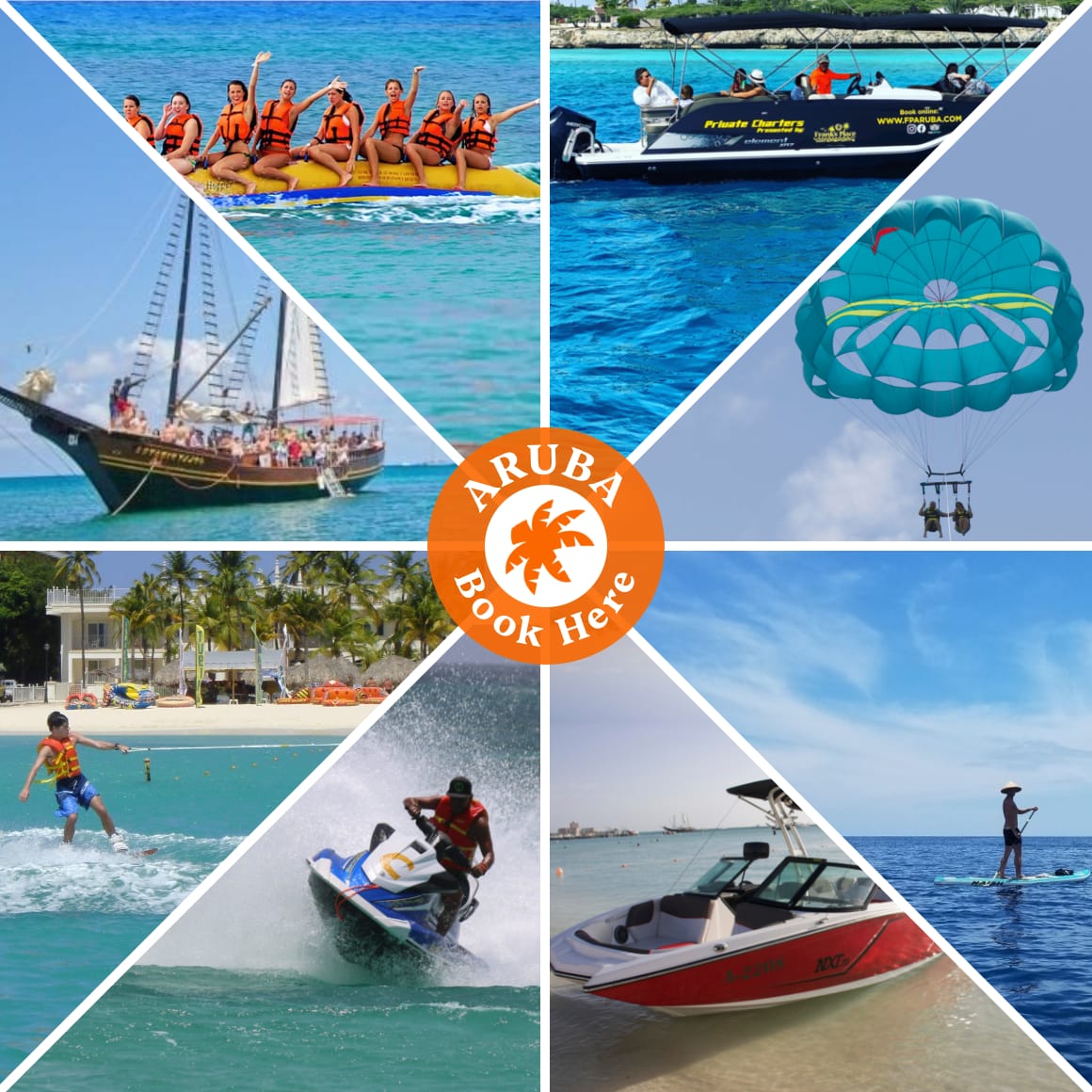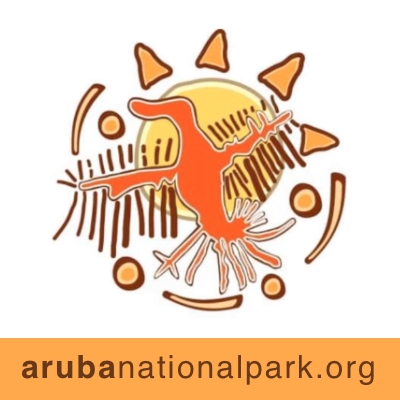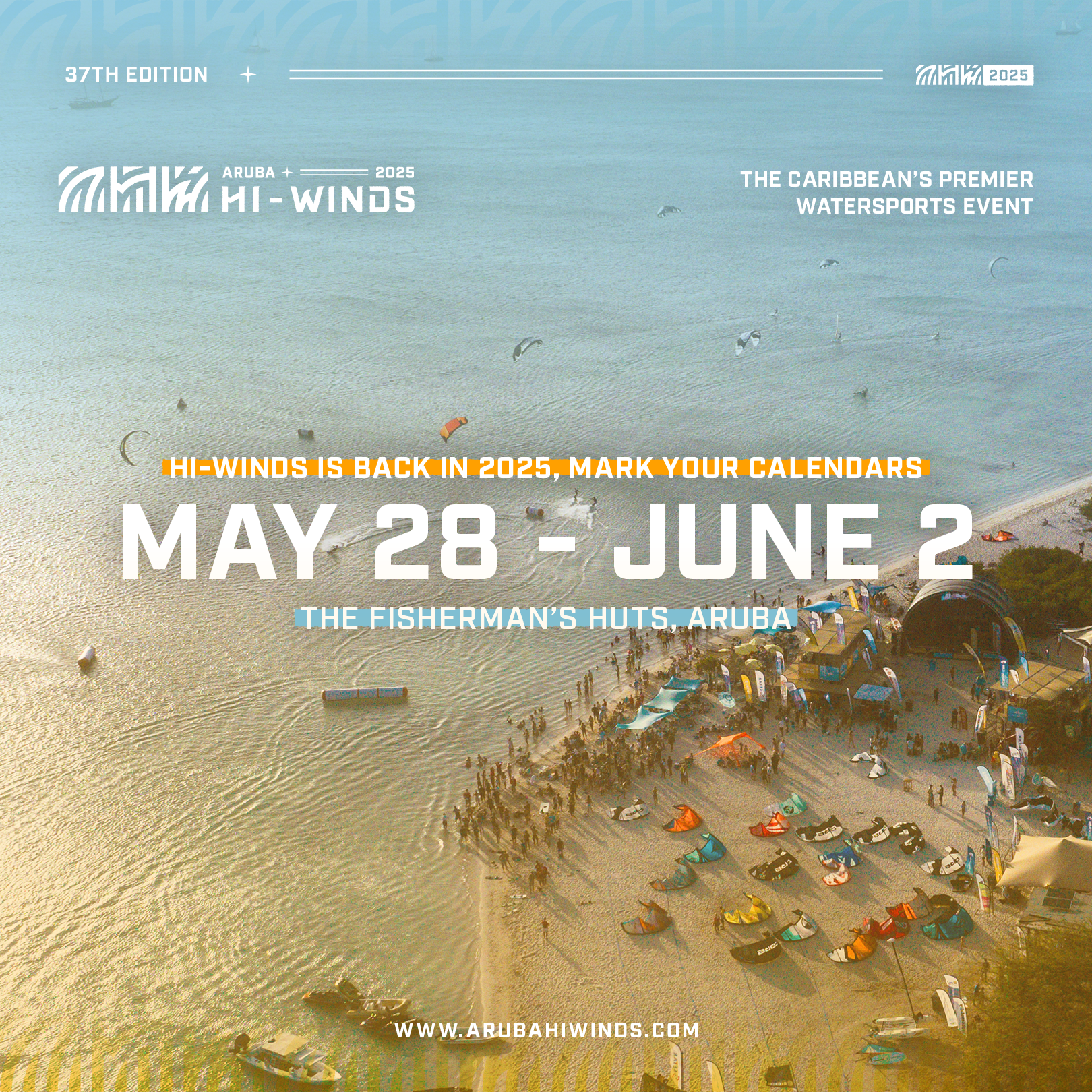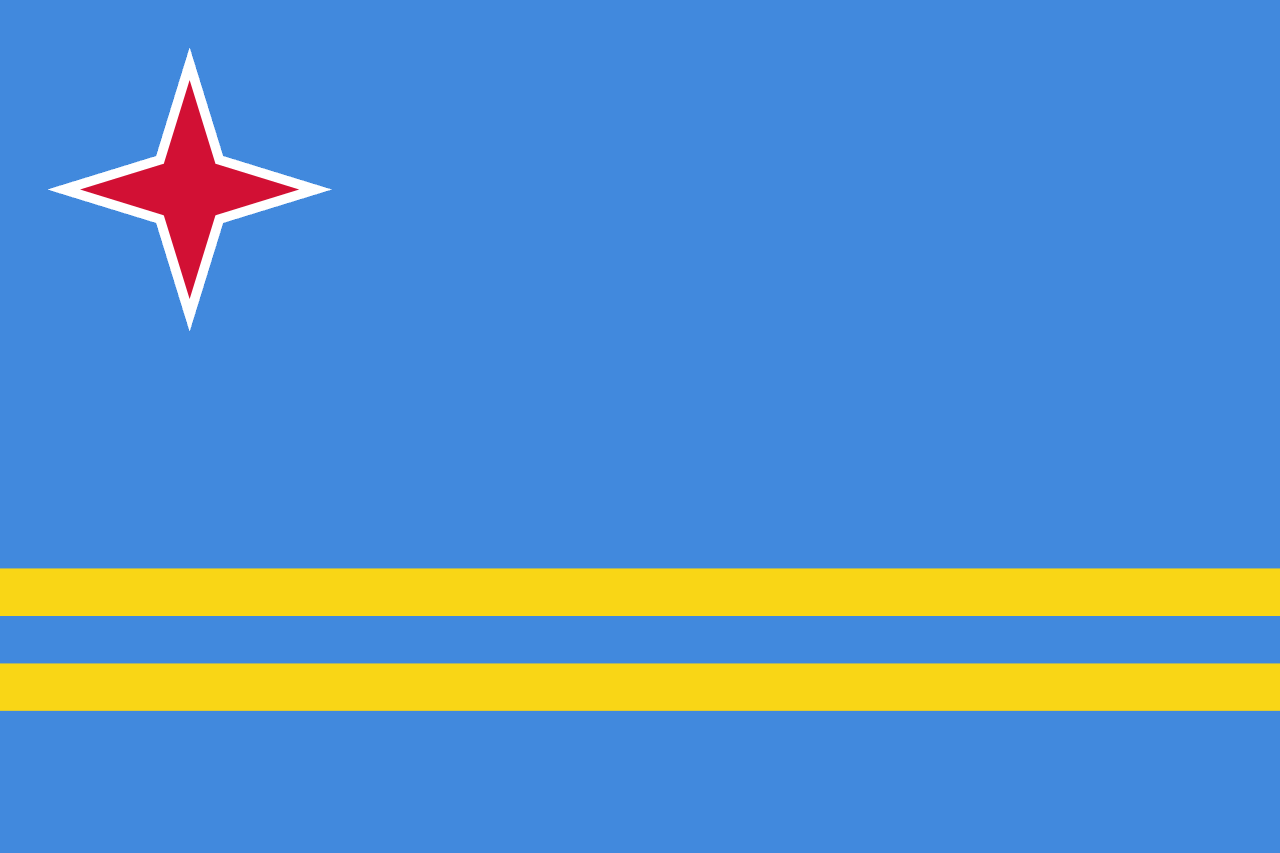Aruba is a constituent country of the Kingdom of the Netherlands.
Aruba is the A in the ABC islands. The other two are Bonaire and Curacao. Aruba is one of the Lesser Antilles islands located in the southern Caribbean Sea just north of Venezuela. View Map
Aruba is known for its stunning white-sand beaches, crystal-clear turquoise waters, year-round sunny weather, vibrant coral reefs perfect for snorkeling and diving, and a range of activities from thrilling water sports and off-road adventures to cultural experiences and luxury resorts, all set against a backdrop of friendly locals and a rich, diverse heritage.
1.Diverse Cultural Heritage:
Aruba boasts a rich cultural diversity influenced by its history of Dutch colonization and its location near South America. The island's culture blends elements of Dutch, Caribbean, and Latin American influences, which can be seen in its language, cuisine, and festivals.
2.Constant Trade Winds:
Aruba is known for its constant trade winds, which provide a pleasant breeze year-round. This makes it a popular destination for windsurfing and kiteboarding enthusiasts, who flock to spots like Fisherman's Huts and Hadicurari Beach.
3.Natural Bridge and Natural Pool:
Aruba was once home to a famous Natural Bridge, a coral limestone formation that was one of the largest of its kind in the Caribbean. Although the original bridge collapsed in 2005, there is still a smaller natural bridge nearby. Another popular natural attraction is the Natural Pool, a secluded swimming hole surrounded by volcanic rock formations.
4.Bon Bini Festival:
Every Tuesday evening in Oranjestad, Aruba's capital, locals and tourists gather for the Bon Bini Festival. This lively cultural event celebrates Aruba's heritage with music, dance, local cuisine, and traditional performances such as folkloric dances and music played on traditional instruments.
5.Aloe Vera Capital:
Aruba was once one of the world's largest producers of aloe vera, and although production has decreased, the plant remains an important symbol of the island. Visitors can learn about the plant's history and its uses at the Aruba Aloe Museum and Factory, which offers tours and sells a variety of aloe-based skincare products.
Two beaches: Eagle Beach and Palm Beach.
If you're a day tripper you can't go wrong with breakfast, lunch or supper at Matthew's Beach Restaurant at Casa Del Mar literally on Eagle Beach. If you're overnighting Casa Del Mar Aruba Resort & Timeshare is right there - on Eagle Beach - perfectly located between Palm Beach and downtown.
And go to Palm Beach for all the watersports you can possibly dream of. Vela Aruba offers kitesurfing, SUP paddleboarding, SUP yoga, windsurfing, plus they have a trendy store with the latest beach fashion and snorkeling gear.
Get there by taxi or rent a car. Taxis are very affordable. But guess what? So is renting a car. Yes, for a 5 star Caribbean island, car rental is extremely affordable. Check out Thrifty Rent A Car Aruba - they seem to have rental offices all over the island with really good rates.
Lastly, if you want to move to Aruba, see our blog for the complete guide.
Enjoy your stay!
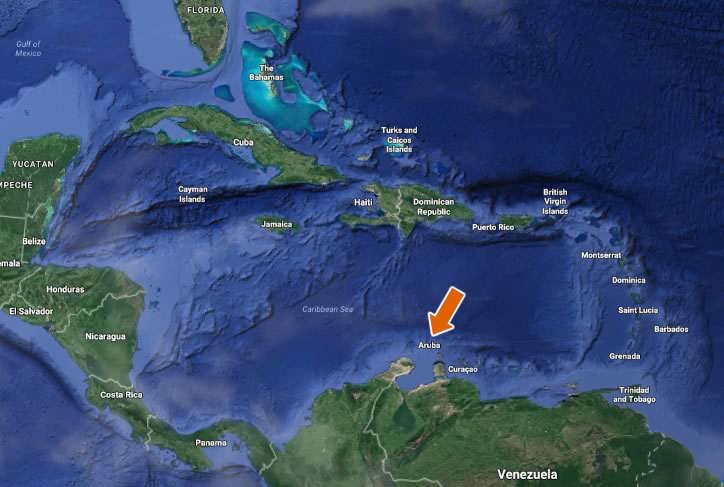 If you own or manage a business in the Caribbean and need professional assistance with your website and social media, gandor.tv will create, maintain, host and promote your website for you.
If you own or manage a business in the Caribbean and need professional assistance with your website and social media, gandor.tv will create, maintain, host and promote your website for you.
"Aruba Precious Country"
Oranjestad: 12°31' N 70°2' W
Paradera, San Nicolas, Noord, Santa Cruz, Savaneta
AST (UTC-4)
Right
Dutch and Papiemento/Papiamentu, which is the widely spoken on the Caribbean ABC islands (Aruba Bonaire and Curaçao) where it has official status as the native language. The language is also recognized on Bonaire by the Dutch government.
Papiamento is derived from African and Portuguese languages with some influences from American Indian languages English, Dutch and Spanish (mostly Spanish). Papiamento has two main dialects: Papiamento, spoken primarily on Aruba; and Papiamentu, spoken on Curaçao. The Bonaire variety, while not considered a dialect, is known as Papiamen.
Thank you Wikipedia!
81% Roman Catholic
Kingdom of the Netherlands
Estates of Aruba
From the Netherlands Antilles on 1 January 1986
Tropical semi-arid climate. Mean monthly temperature in Oranjestad varies little from 26.7 °C (80.1 °F) to 29.2 °C (84.6 °F). Constant trade winds from the Atlantic Ocean, comes from north-east. Yearly rainfall hardly exceeds 470 mm (18.5 in) in Oranjestad.
Aruba's first inhabitants were from the Arawak tribe, who migrated there from Venezuela to escape attacks by the Caribs. Parts of the earliest known Indian settlements date back to 1000 AD. Europeans first learned of Aruba following the explorations for Spain by Amerigo Vespucci and Alonso de Ojeda in 1499. Both learned of it from natives of nearby islands and described Aruba as an "island of giants", remarking on the comparatively large stature of the native Caquetíos, compared to Europeans. Gold was discovered on Aruba 300 years later. Vespucci visited Spain with stocks of cotton and brazilwood from the island and described houses built into the sea. Vespucci and Ojeda's tales spurred interest, and Spaniards soon colonized the island.
Because it had low rainfall, no plantations were developed and slave trading was minimal. Aruba was colonized by Spain for over a century. In 1508, the Spanish Crown appointed Alonso de Ojeda as its first Governor of Aruba, as part of Nueva Andalucía. Another Spanish governor appointed was Juan Martínez de Ampiés. In 1528, Ampíes was replaced by a representative of the House of Welser.
The Netherlands regulated Aruba since 1629. Since 1636 however, Aruba has been under Dutch administration, initially governed by Peter Stuyvesant, later appointed to New Amsterdam (New York City). The island was then included under the Dutch West India Company (W.I.C.) administration from 1648 to 1664. The Dutch controlled Aruba 135 years after the Spanish, allowing the Arawaks stockbreeding, and turned the island into a meat source for other Dutch Caribbean colonies. In 1933, Aruba sent its first request to the Queen seeking independent status and autonomy.
During World War II , Aruba was one of the main suppliers of refined petroleum products to the Allies Aruba was made a British protectorate from 1940 to 1942, and a US protectorate from 1942 to 1945.
In March 1944, Eleanor Roosevelt, the First Lady of the United States, briefly visited American troops stationed in Aruba.
Currently Aruba is a sovereign state in the Kingdom of the Netherlands.
Best holiday deals in the Caribbean are between June and September. It's off season, so expect really really good deals in terms of accommodation, car rentals and boating trips. Don't be shy to ask companies whether they're running specials. Also follow CoolestCarib on social media for specials. We're on Facebook, Twitter, Instagram and Tumblr.

